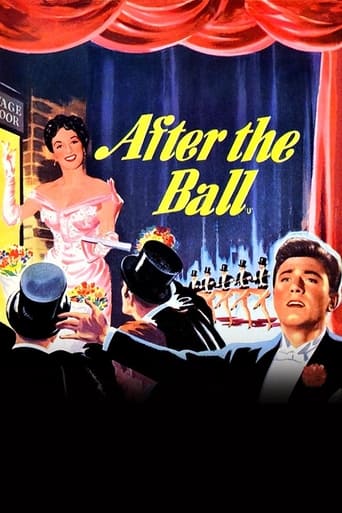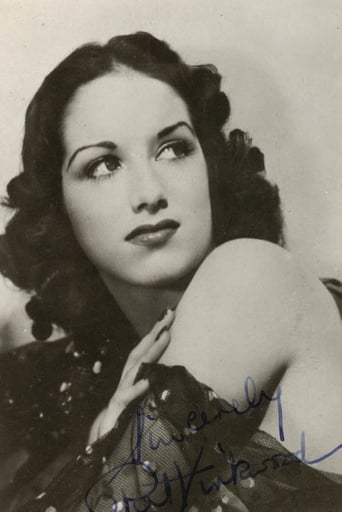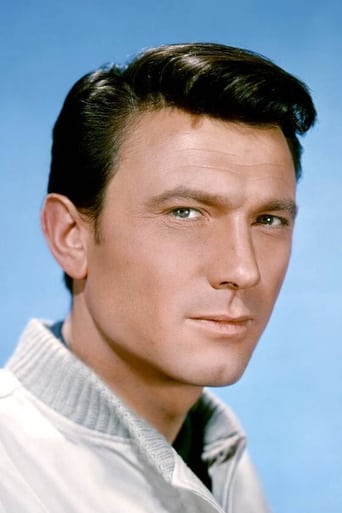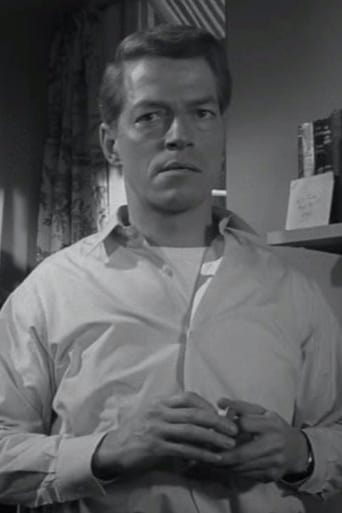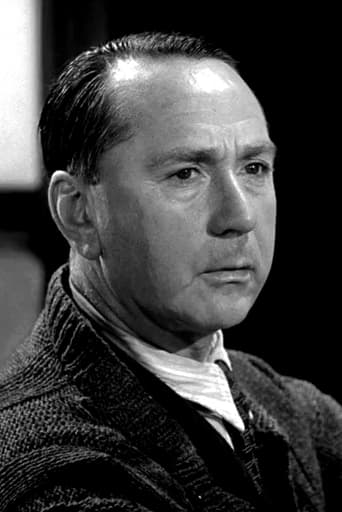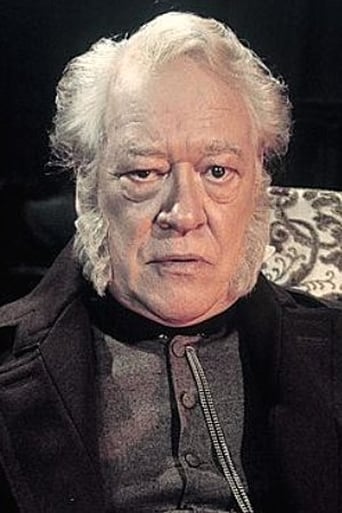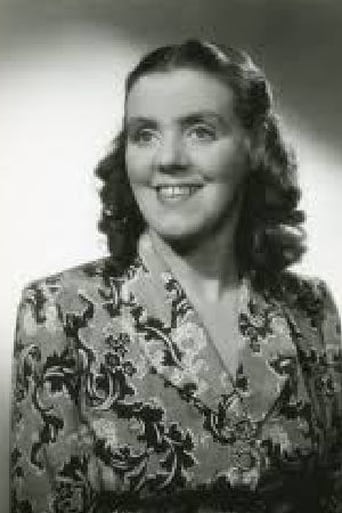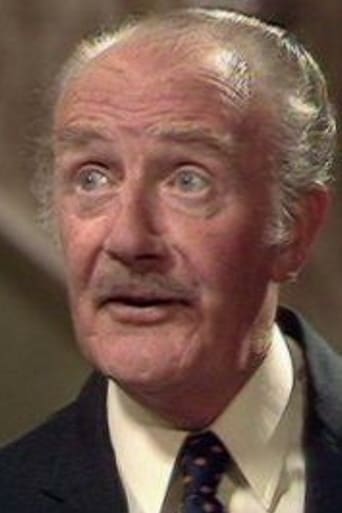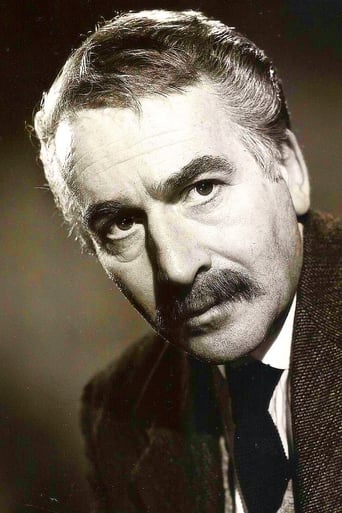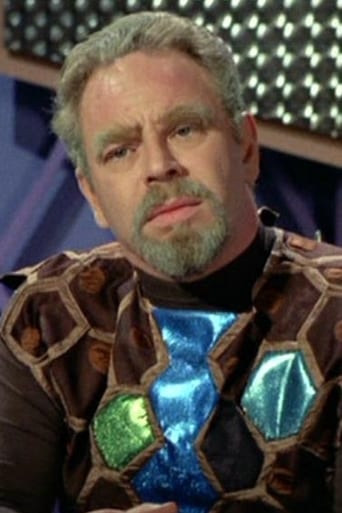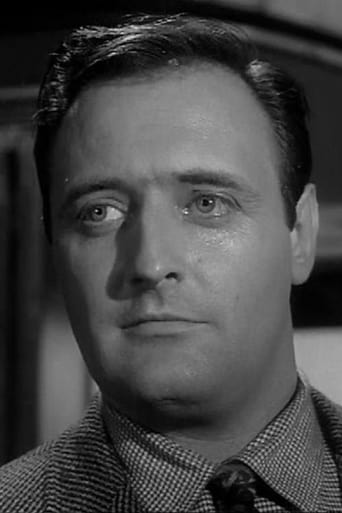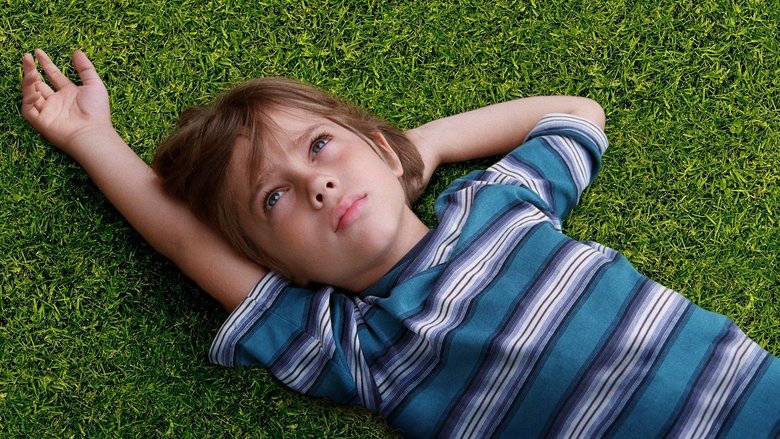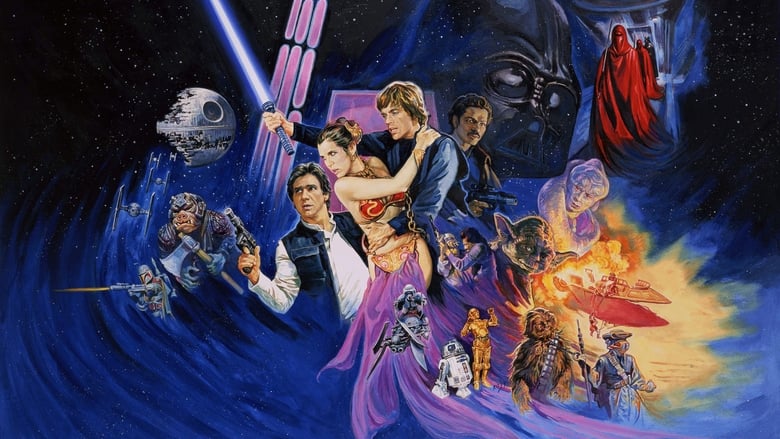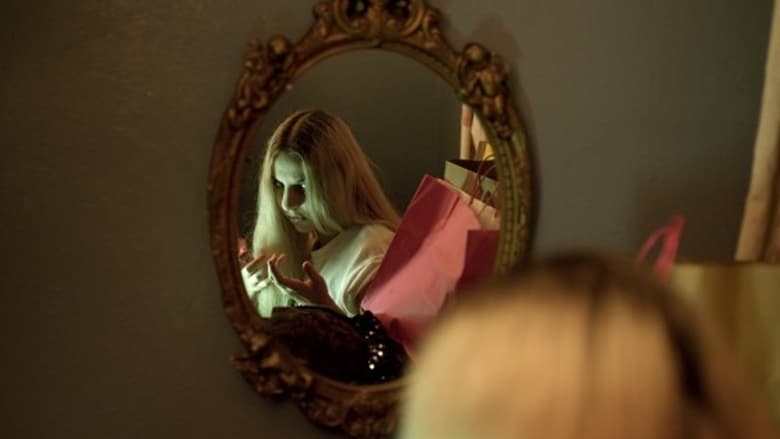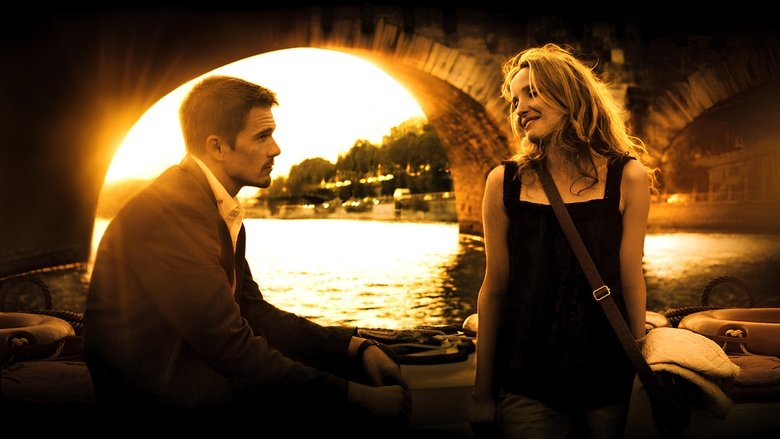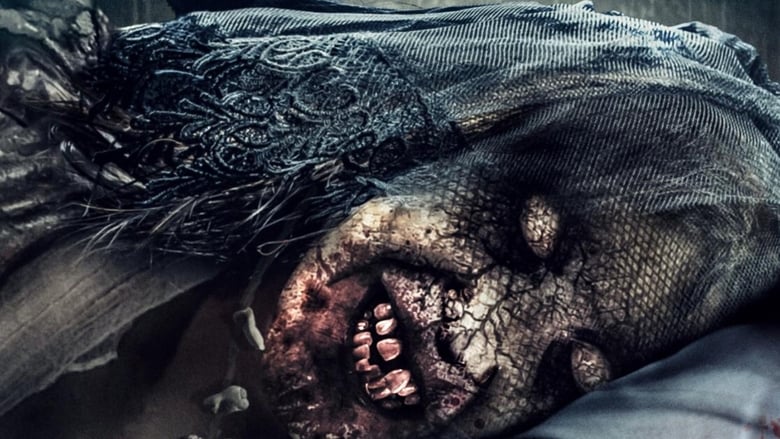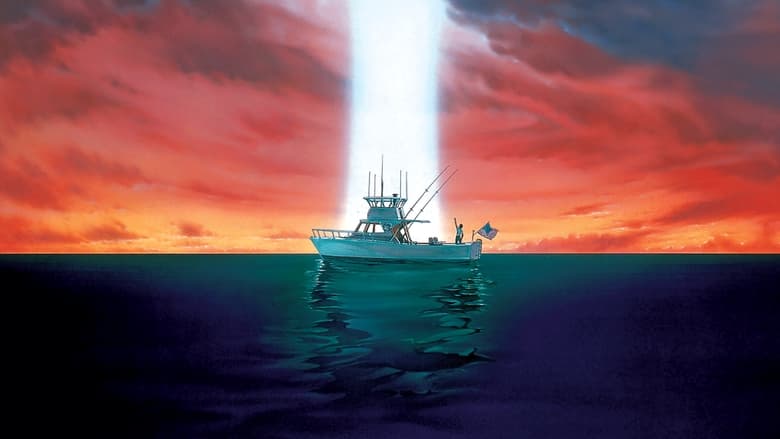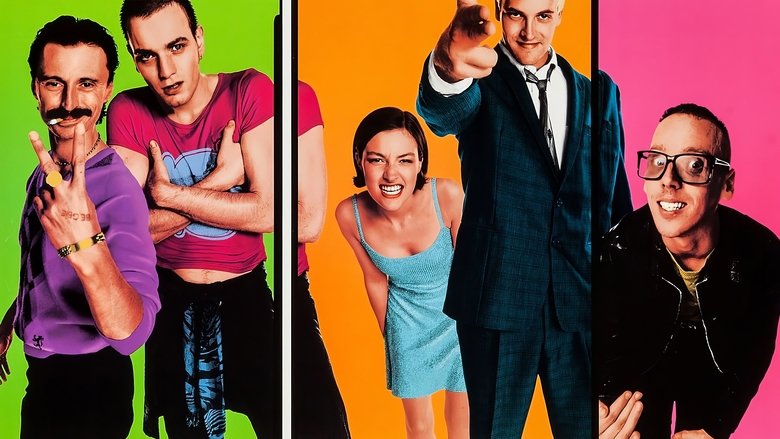The life and loves of Music hall singer Vesta Tilley, who married into the nobility


Similar titles
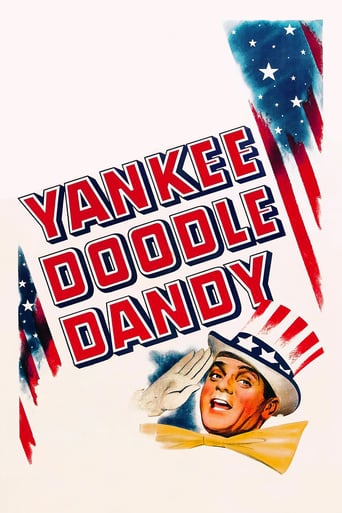
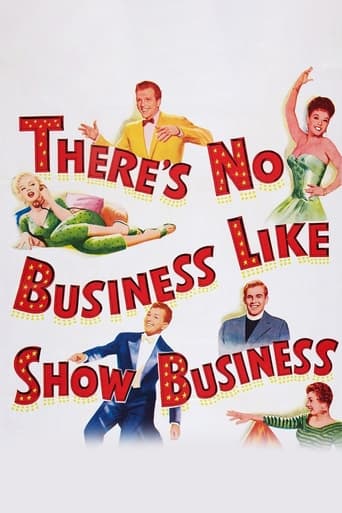
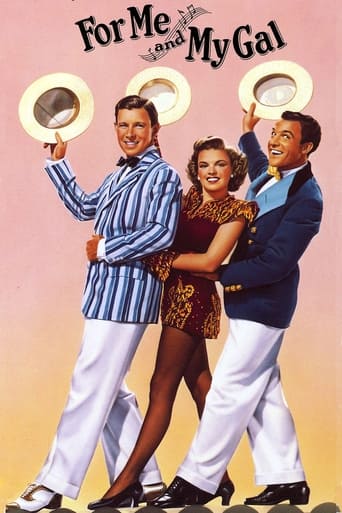
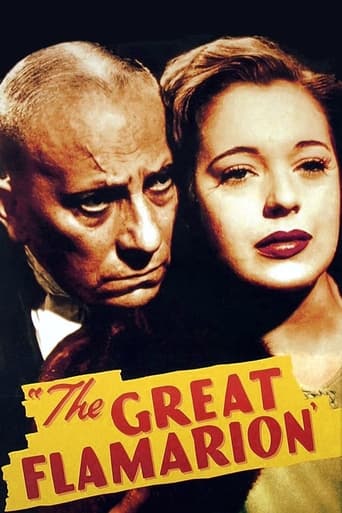
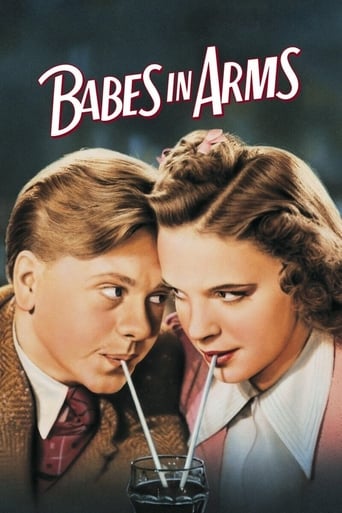
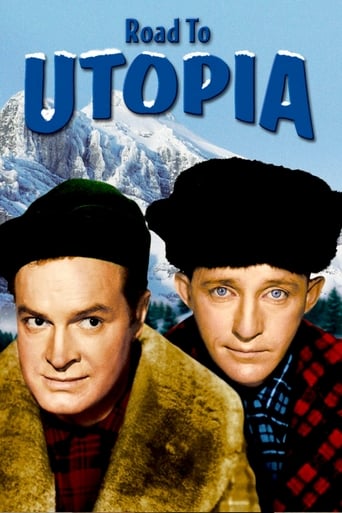
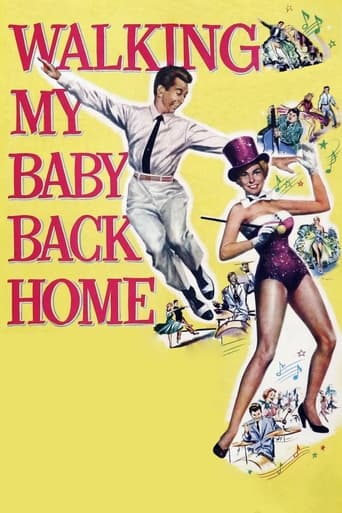
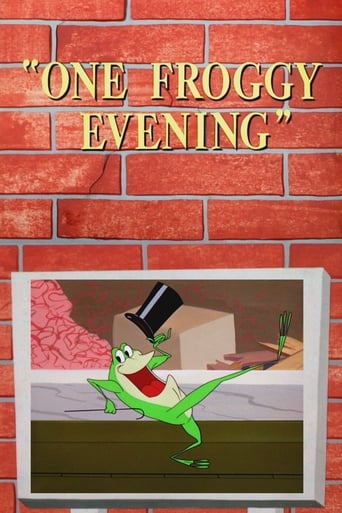
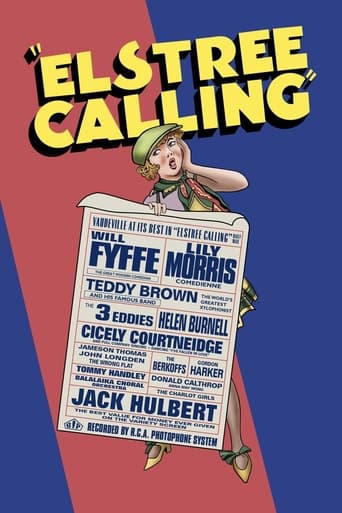
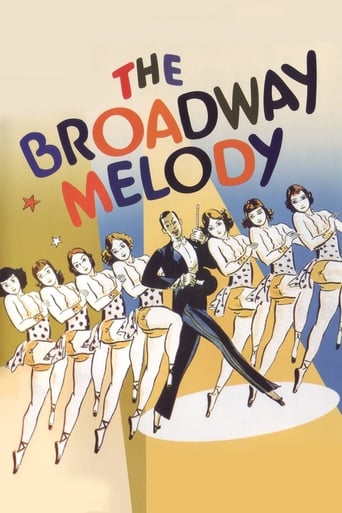
Reviews
What sourpusses among the other reviewers for this lovely film, covering the British hall music era from 1880's to after the WW1 era, and in particular one very famous male impersonator singer, dancer entertainer named Vesta Tilly. I thought Pat Kirkwood's Vesta Tilly was WONDERFUL! Even inspirational. I was happy the movie didn't shortchange scenes of actual stage performances. For the first time I actually enjoyed a performance by Laurence Harvey as Vesta's husband and manager, for once he wasn't cold and taciturn in a role but warm, smiling, supportive and loving. He should have played more characters like this one! The old songs were great to hear and if you flip on subtitles you can sing along with the original lyrics to the great old tunes. This movie was made in the 1950's so there would be people in their 70's or older still alive who would have remembered Vesta and her popularity on the English music hall stages of the turn of that century. I was left with a warm glow watching this movie. You can see it for free with an Amazon Prime membership streaming if you have a ROKU or similar device. Take yourself out of the harsh modern era and go back to a time when entertainment was more wholesome and enjoyable and just plain fun.
This film was made when music hall was on its last legs.The Ginsburg Park Empire would close the following year and there would be nothing left.Vests Tilley was a male impersonator,but you would not have known it from this film.I remember seeing Hefty King who was an excellent performer.Pat Kirkwood was simply not up to the task.She wasn't really a film actress and didn't have another starring opportunity.Laurence Harvey appears in a number of unconvinced wigs under which he gives an unconvincing performance.So films,which with radio contributed to the demise of the music hall really sticks the knife in with this film.
Vesta Tilley was still a household word back in 2006 when I first saw this movie on TV. Alas, that fame has not survived until today, but it's still pretty good going for someone who retired from the music hall circuit way back in 1919. Nonetheless, although sumptuously photographed in pleasing Eastman Colour (sic), the film is a bit disappointing. True, it does have atmosphere and whenever it focuses on the stage, it's lively and exciting. On the other hand, the back-stage story, although no doubt at least partly true, is dull and clichéd. And Compton Bennett's leaden direction certainly does not help. Fortunately, the musical highlights are put across with considerable gusto. It was a real stroke of genius by producers Gerald Thomas and Peter Rogers to have Miss Kirkwood's songs backed up not by some cheesy little band of a dozen or so instruments but with the astonishing expertise of the world-famous concert orchestra, Sinfonia of London!
I've never understood the appeal of the male impersonator: the actress who pretends to be a boy or a man. The only context in which this makes sense to me is the British panto, in which the 'principal boy' is played by an actress whose male costume of tight-fitting breeches actually emphasises (rather than conceals) her very female attributes. I also understand that certain 'trouser roles' in classical opera are easier for the female voice to perform than the male. But, as for the actresses who make a speciality of genuinely trying to pass as male ... what's the point?Yet for some reason, from the late Victorian era up until the 1930s, male impersonators were hugely popular in Britain. Ronnie Barker's cheeky anthology 'Sauce' reprints a piece of Victorian doggerel about two brothers who did an act in the variety halls: realising that sister acts were more popular than brother acts, they billed themselves as women but appeared onstage in masculine dress ... and became far more successful as 'male impersonators' than they would have been as male performers.One of the most popular and successful male impersonators was Vesta Tilley (1864-1952). She had a repertoire of male characters, most notably Burlington Bertie (a homeless man who sleeps in the Burlington Arcade but boasts about his social contacts). Dressed as a sailor, she performed 'Jolly Good Luck to the Girl Who Loves a Sailor'. As a roguish womaniser, she sang 'I'm Following in Father's Footsteps, I'm Following Me Dear Old Dad'. Her sentimental ballad was 'Sweetheart May'. As Tilley sang all of her songs in the contralto-soprano range, one wonders why she bothered with the male disguises.'After the Ball' (named for another of her song hits) is ostensibly Tilley's life story, filmed on a painfully low budget. All the usual showbiz clichés are here. The most interesting scenes are Tilley's interactions with various British and American theatrical figures. In New York City, she works for impresarios Tony Pastor and Oscar Hammerstein: the latter is not the lyricist, but his namesake grandfather. Sadly, this film doesn't even make a token attempt to depict these men accurately. Pastor was massively fat, and Hammerstein (the original) had an elaborate beard: you'd never know it from the actors on offer here.I was intrigued to see George M Cohan's name in the cast list of this movie. Apparently, Tilley actually performed in a stage comedy with Cohan at least once. Here, Cohan is played brashly by obscure actor Mark Baker. It's disappointing that Cohan (or, rather, Baker as Cohan) never once cuts loose with some 'Yankee Doodle Dandy' song-and-dancing here. More regrettable is the fact that Baker hasn't got even a fraction of the dynamic presence of Cohan himself, nor of James Cagney nor Joel Grey: two performers who have played Cohan far more memorably than Baker does here.The romantic male lead is essayed by Laurence Harvey, as the titled Englishman who becomes Vesta's match. Whenever you see the words 'romantic lead' and 'Laurence Harvey' in the same sentence, you know something's wrong. Harvey is so cold and unemotional here, he seems to be practising for his role as the brainwashed zombie in 'The Manchurian Candidate'.In the central role as Vesta Tilley, Pat Kirkwood is attractive and personable but utterly fails to convince me that she was one of the leading stage performers of the early twentieth century. Kirkwood's forays into male garb are embarrassing; she seems to be eager to convince us that she really *isn't* a man. More intriguing, in her brief appearance, is child actress Margaret Sawyer playing Tilley as a child. I have a deep passion for the history of the British entertainment industry during precisely the time period depicted in this movie, yet 'After the Ball' largely fails to capture the spark and excitement of that era. The very poor art direction doesn't help. I'll generously rate this movie 6 out of 10.
